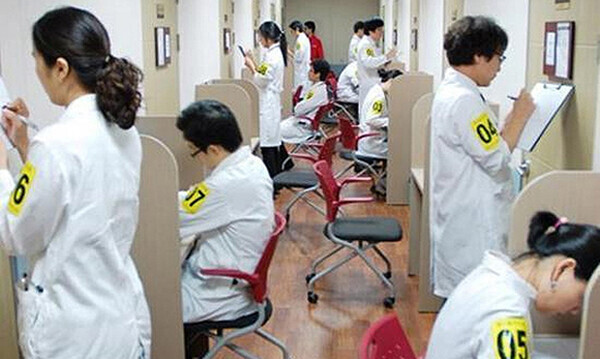
Seoul, South Korea – A striking increase in the number of foreign medical graduates passing the South Korean medical licensing exam has been reported. According to data released by the Ministry of Health and Welfare, nearly one in five successful candidates in the 89th medical licensing exam held on January 22 were graduates from foreign medical schools.
The surge in foreign graduates is largely attributed to a boycott by domestic medical students who are protesting government policies, particularly those related to increasing the number of medical school seats. 1 The widespread protest led to a significant drop in the number of domestic students taking the exam.
Of the 52 foreign graduates who passed the exam, a substantial number graduated from medical schools in Hungary. A smaller number of graduates hailed from countries such as the United States, Russia, and the United Kingdom.
This development has raised concerns about the potential impact on medical residency programs in South Korea. With fewer domestic graduates entering the workforce, hospitals may face challenges in filling residency positions. Additionally, the increased reliance on foreign medical graduates could potentially lead to issues related to cultural adaptation and language barriers.
Medical residency programs in South Korea are set to begin recruiting new residents in early February. However, given the lower number of overall graduates and the ongoing labor disputes in the medical field, it is anticipated that there will be fewer applicants for these positions.
[Copyright (c) Global Economic Times. All Rights Reserved.]






























